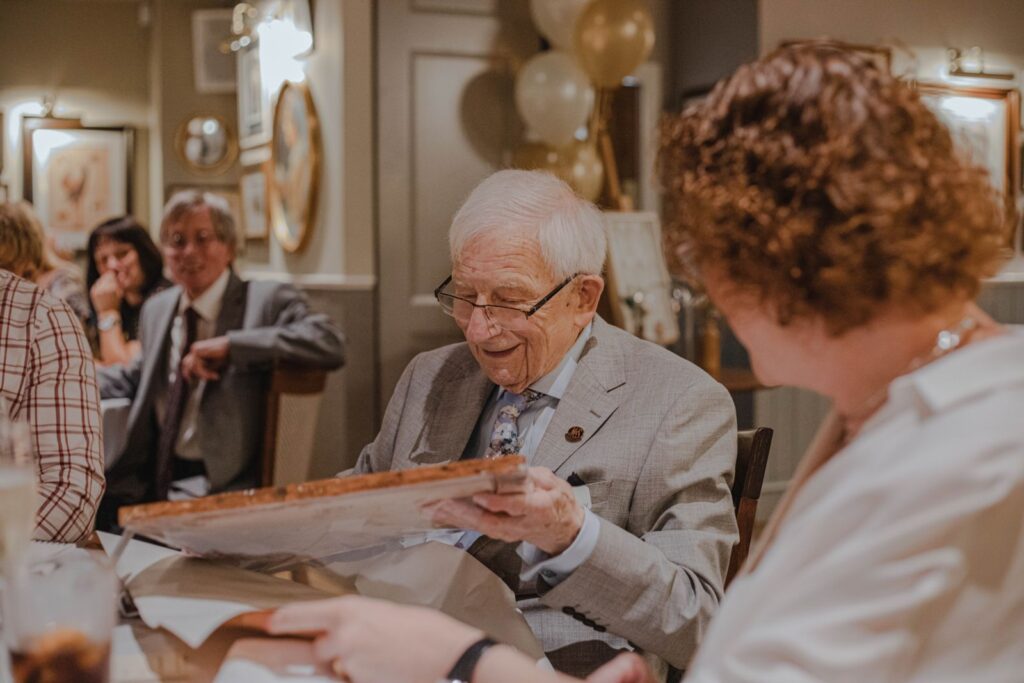Whether you don’t have many close relatives, you’re not close with your family, or the relatives you do have are elderly or are not in a position to take on serious responsibilities, you may feel more comfortable having other important people in your life take on legal roles like your healthcare proxy and power of attorney and naming those people as beneficiaries of your estate.
When this is the case, the tips below can be helpful to keep in mind in planning your estate.
First, be proactive about planning your estate. In the absence of legal documents like a will or a healthcare proxy, your relatives may automatically be called upon to serve in certain roles or inherit your assets under the default rules of the state in which you live. If you let your planning fall to the wayside, you may be at the mercy of people you’re estranged from. In order to protect yourself and those closest to you, make sure you have a comprehensive plan in place.
Second, structure your estate in a way that avoids probate. Probate is the court process that authorizes the transfer of your assets from your name to the name of your heirs. Any assets that are transferred by your will must go through the probate process.
There are several reasons you may want to avoid probate.
Avoiding probate minimizes the opportunity for a family member to contest your estate plan. Probate makes it easy for someone to object to the provisions in your will. Even if they aren’t named as beneficiaries in your will, probate requires that your closest relatives be notified about the proceeding, receive a copy of your will, and have an opportunity to object. A close family member who has been left out of your will has a strong reason to contest it, since they stand to inherit the assets if a court invalidates your will. Even if there is little basis for a claim, a contest is often brought to slow down the process and increase costs to the estate, in the hopes of receiving a settlement.
Another reason to structure your estate to avoid probate is to minimize the burden to your friends of administering your estate. Administering an estate can be a lot of work, which can take your friends away from their jobs and personal lives. It can be a lot to ask of a friend. Having a comprehensive estate plan that avoids probate is the best way to thank them in advance for taking on this important role.
The best way to avoid probate is to create a Revocable Living Trust.
Third, update your estate plan regularly. While this is good advice for everyone, it is particularly important when friends play a primary role in your plan. Even if we have disagreements with our siblings or parents, the ties that connect family often push a reconciliation over time. This may not be as true with friends. Review your plan yearly to make sure that the people you’ve named in your documents still play the same role in your life.
Fourth, provide adequate compensation for the people you’ve named in your documents. Administering an estate or serving as a power of attorney for someone can be a thankless job. Ensure that your plan adequately compensates the friend who will take on this role. The New York State power of attorney form allows you to provide compensation for the agent you appoint. Trusts and wills generally have default compensation rates for trustees or executors. Discuss with your lawyer what these rates are and whether they are sufficient for the work that will be required.
Fifth, ask your friends if they are willing to serve in the role you have in mind for them. An involuntary draft isn’t a great way to recruit people to carry out your wishes. Let them know that they can say no. Provide clear communication about your expectations and ask if they have any questions about what their role will entail.
Finally, identify one friend who will be the point person for knowing where to locate your documents, contacting your lawyer, and notifying other people who play a role in your plan. Legal documents are not themselves sufficient to guide the individuals who will be playing a role in your estate plan. In addition to your legal documents, you should prepare separate documentation with information about your healthcare wishes, what assets you have, contact information for the law firm that prepared your estate plan, and any other practical information they will need.
Friends can often be a better fit for carrying out your wishes than family members. With a little planning, you can have a thoughtful, effective estate plan that incorporates the individuals who you trust most – regardless of your relationship to them.





